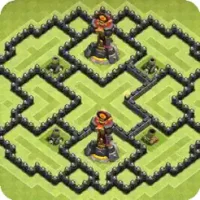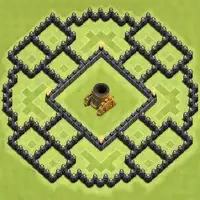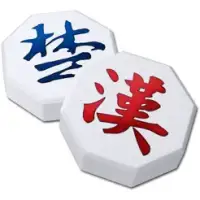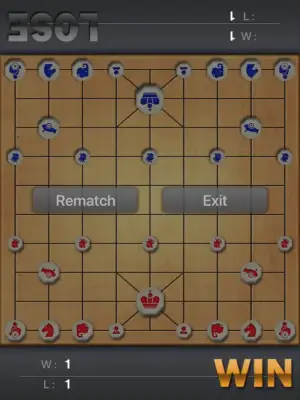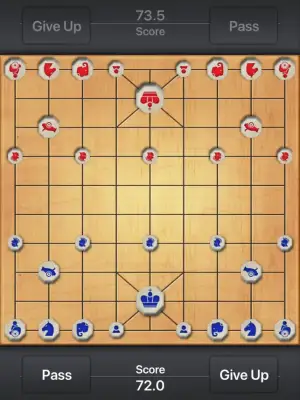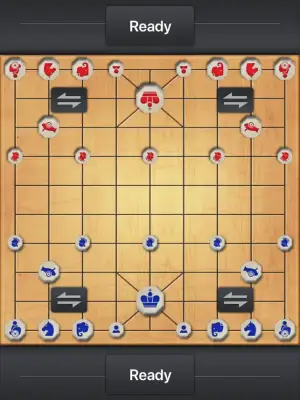Latest Version
1.93
May 08, 2025
SUD Inc.
Games
iOS
14.2 MB
1
Free
Report a Problem
More About Dr. Beard
Janggi, also known as Korean chess, is a traditional board game played on a grid that measures nine columns wide and ten rows long. The game features a unique setup that differs from Western chess, with special pieces and rules that create a distinct playing experience. The board's design influences the strategic movements and positioning of the pieces during gameplay.
The gameplay of Janggi can vary greatly in tempo. Certain pieces, such as the jumping cannons and long-range elephants, can make the game quite fast-paced. These pieces have unique movement capabilities that allow for quick, impactful plays, adding an element of sudden tactical opportunities. This dynamic nature can lead to rapid exchanges early in the game.
However, despite the potential for quick moves, professional Janggi matches tend to be longer and more measured. High-level games often extend beyond 150 moves, as players carefully plan and strategize their moves with patience and precision. This extended gameplay emphasizes deep strategic thinking and endurance, setting it apart from faster-paced games.
Overall, Janggi offers a combination of swift tactical maneuvers and slow, deliberate strategic play. Its unique features and lengthy matches make it a culturally rich and intellectually engaging game, appreciated by those interested in traditional board games and strategic challenges. The game continues to be popular in Korea and among enthusiasts worldwide.
Rate the App
User Reviews
Popular Apps


